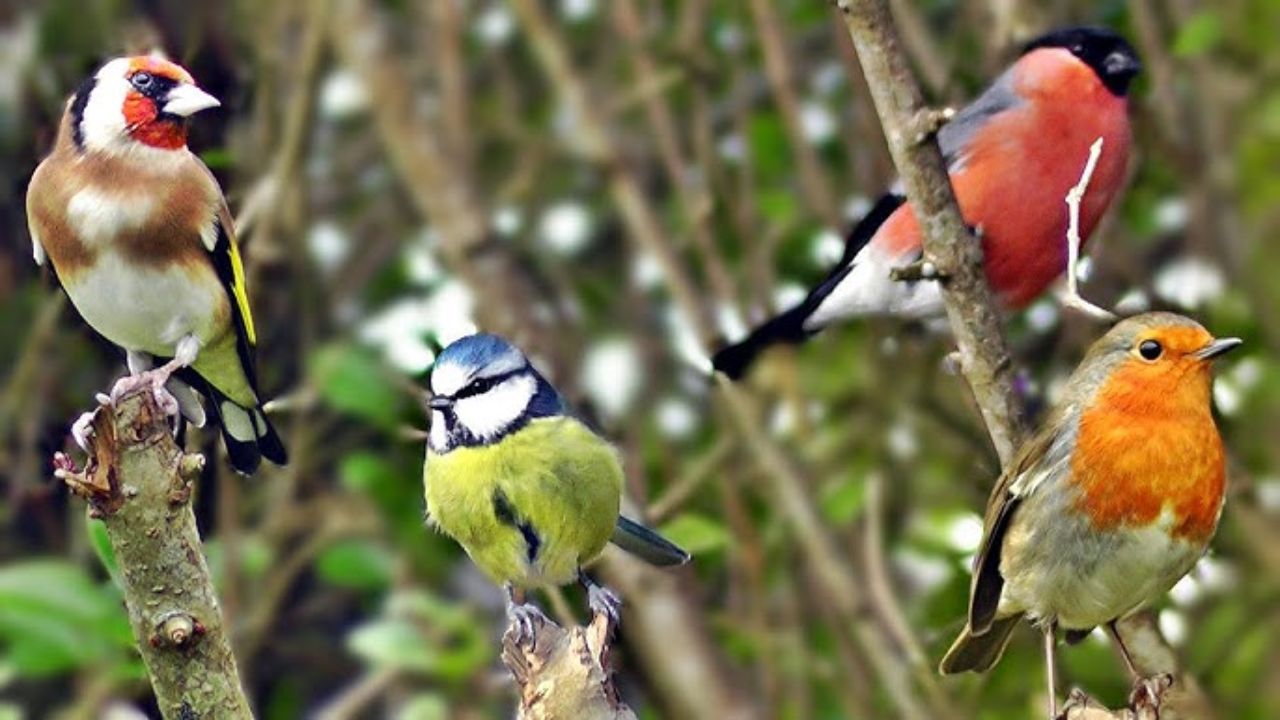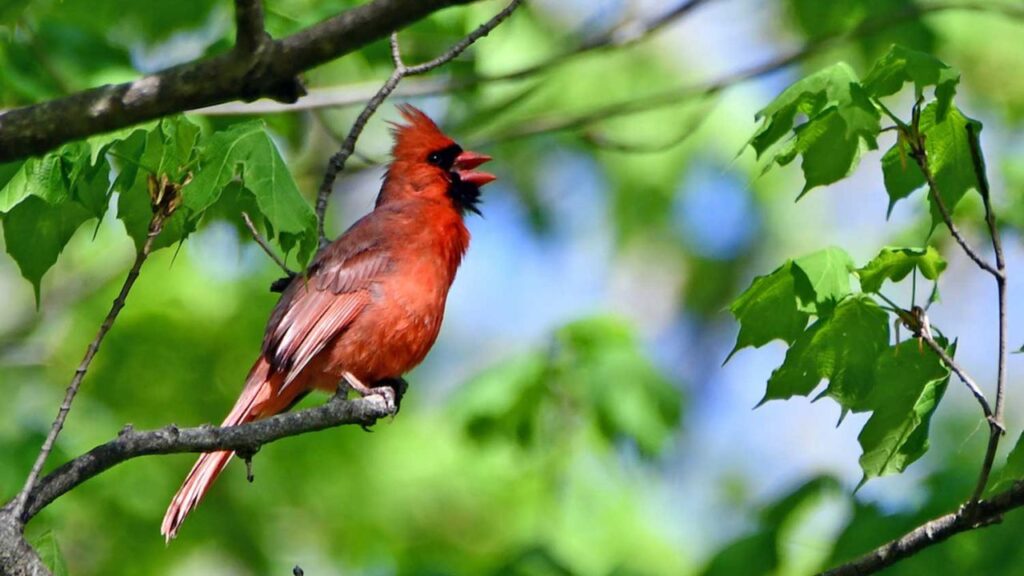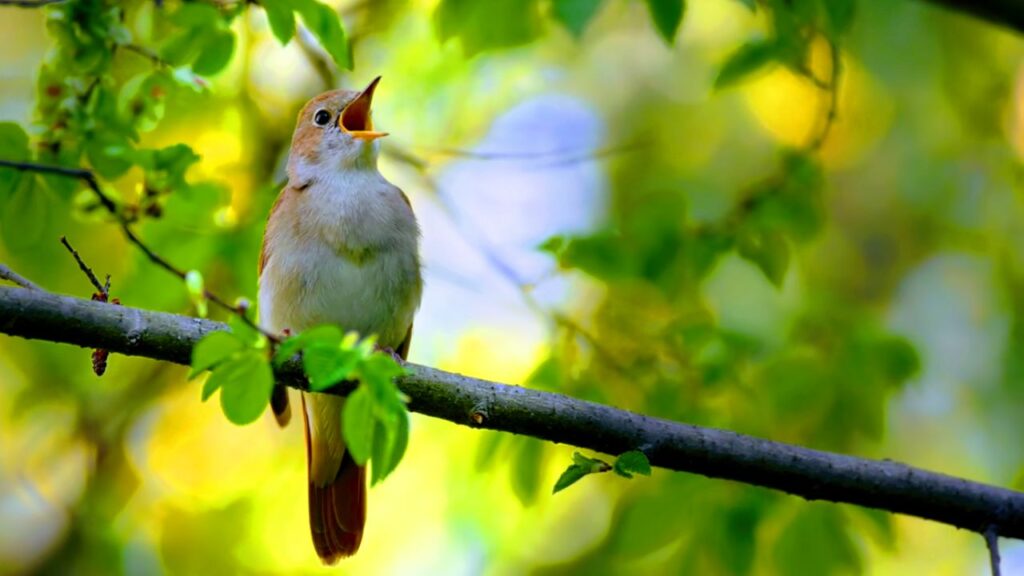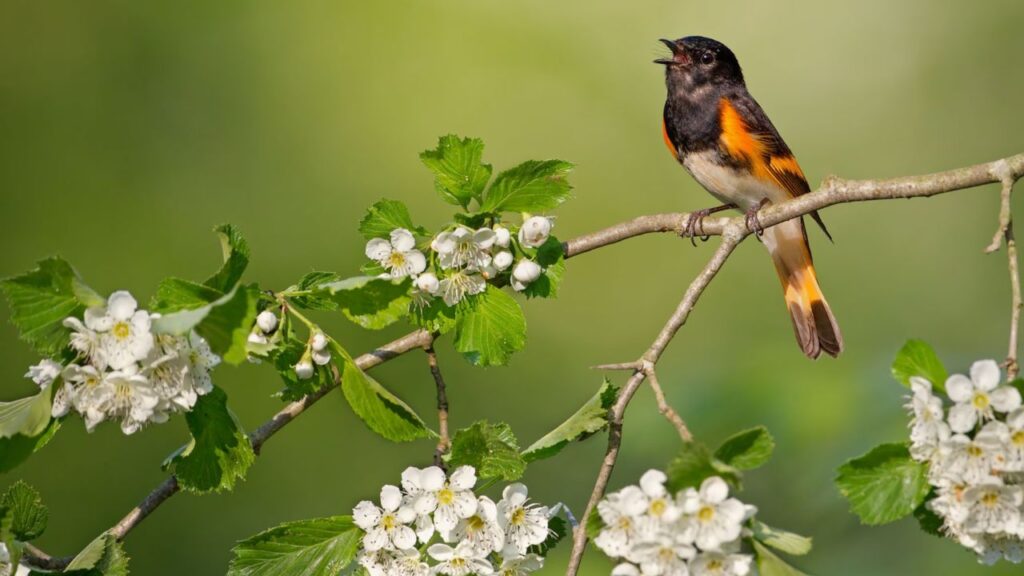 English
English

The research titled “Why is the early bird early? An evaluation of hypotheses for avian dawn-biased vocal activity,” is published in the journal Philosophical Transactions. A must read on Dynamite News:

Many birds sing in chorus in morning
New Delhi: A team of scientists from the Cornell Lab of Ornithology and Project Dhvani in India took it upon themselves to unravel why so many birds choose quiet, dawn hours to sing the loudest?
They discovered that it’s not just the calm winds or cooler temperatures that set off this daily routine — it’s what the birds eat and how fiercely they defend their territory that make the biggest difference.
Study Of 69 Bird Species
The team studied 69 bird species across 43 forest sites using advanced audio monitoring technology, revealing that territorial and omnivorous birds are far more likely to sing at dawn. This suggests that social behaviors—not just environmental conditions—are the primary reason for the surge in morning vocal activity.
The research titled “Why is the early bird early? An evaluation of hypotheses for avian dawn-biased vocal activity,” is published in the journal Philosophical Transactions of the Royal Society B.

Birds sing to defend their territory
Microphones Throughout The Forest
To collect the data, the team placed microphones throughout the forest to automatically record bird vocalizations throughout the day—technology often referred to as passive acoustic monitoring.
This technology records audio that researchers later listen to and catalogue which species vocalized during the day, said the study.
Lead Author Vijay Ramesh Statement
“Passive acoustic monitoring allowed us to collect simultaneous acoustic data for 43 locations, over several months. We could not have done this study without it because we needed a lot of data to answer our questions,” said lead author Vijay Ramesh, postdoctoral researcher at the K. Lisa Yang Center for Conservation Bioacoustics, in the study.
The other researchers included Pavithra Sundar, Meghana Srivathsa, both from Project Dhvani, Bangalore and Laurel Symes from K Lisa Yang Center for Conservation Bioacoustics, Cornell Lab of Ornithology, Cornell University, New York.

Research team placed mics in the forest to record birds
The team found that 20 bird species had substantially higher vocal activity at dawn compared to dusk. These dawn singers included species such as Gray-headed Canary-Flycatcher, Greater Racket-tailed Drongo, and Large-billed Leaf Warbler. Only one species, the Dark-fronted Babbler, sang more often at dusk than dawn.
Four Possible Theories
Ramesh and his colleagues examined four possible theories to explain why several of the species they studied sang more at dawn compared to dusk. Existing theories suggest that dawn singing is more prevalent due to microclimate conditions such as wind speed and air temperature that would allow birds with high-pitched songs to be heard more clearly over longer distances.
Other theories suggest that birds sing more at dawn to defend their territories or to maximize foraging opportunities later in the day when there is more light, or more insect activity.
The team gathered additional data from existing literature such as degree of territoriality and diet to examine these four theories alongside the acoustic data they collected in the field.

Birds singing is a feast to heart
Territorial Birds
“We found that highly territorial birds and omnivorous species were much more likely to be active singers during dawn hours," said the scientist. Singing in the early morning hours, the authors suggested, is important for territorial species to advertise and protect their locations. Species that eat insects and fruit (i.e., omnivores) also showed prevalence for singing more at dawn.
Ramesh pointed out that omnivores might sing more at dawn because these species are often members of mixed-species foraging flocks where vocal communication is essential for finding food and for warning group members about potential predators nearby. However, he has called for additional research that includes visual observations is needed to confirm his speculation.
"Our findings demonstrate that social factors, particularly territoriality and feeding habits, are more important in driving dawn singing behavior than environmental conditions," the scientist said.
No related posts found.